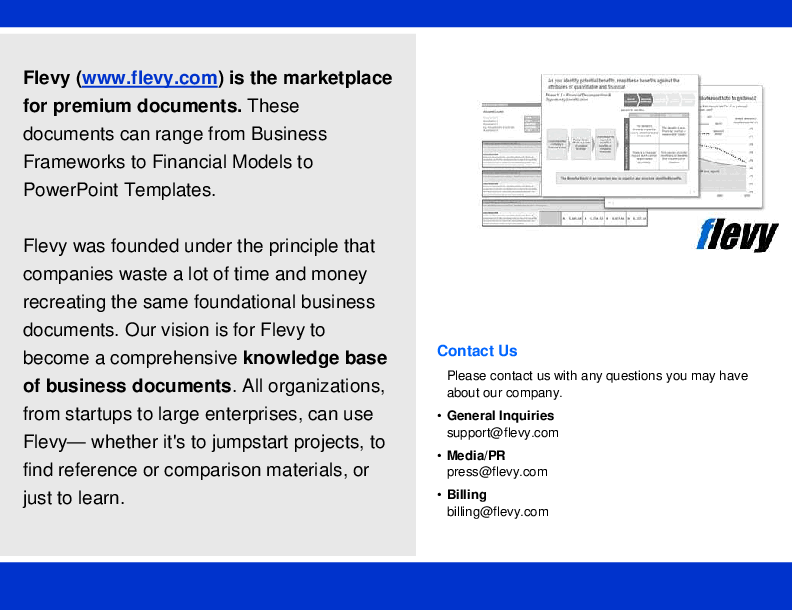WORD DESCRIPTION
Enterprise architecture is the process by which organizations standardize and organize IT infrastructure to align with business goals. Enterprise architecture (EA) is the practice of analyzing, designing, planning and implementing enterprise analysis to successfully execute on business strategies. EA helps businesses structure IT projects and policies to achieve desired business results and to stay on top of industry trends and disruptions using architecture principles and practices, a process also known as enterprise architectural planning (EAP).
EA is guided by the organization's business requirements – it helps lay out how information, business and technology flow together. This has become a priority for businesses that are trying to keep up with new technologies such as the cloud, IoT, machine learning and other emerging trends that will prompt digital transformation. The process is driven by a "comprehensive picture of an entire enterprise from the perspectives of owner, designer and builder." Unlike other frameworks, it doesn't include a formal documentation structure; instead, it's intended to offer a more holistic view of the enterprise.
This document is the work of Adaptive US Inc. It is the World's most innovative business
analysis solutions organization which has successfully conducted 300+ BA workshops and
has served 200+ top-notch clients including Wells-Fargo Bank, Credit Suisse, HP, CGI, AXA,
AkzoNobel, Ness, Unisys, etc. We are proud to have a 100% key client retention rate
Got a question about the product? Email us at support@flevy.com or ask the author directly by using the "Ask the Author a Question" form. If you cannot view the preview above this document description, go here to view the large preview instead.
Source: Low Level Design Template Word (DOCX) Document, Adaptive US Inc.



